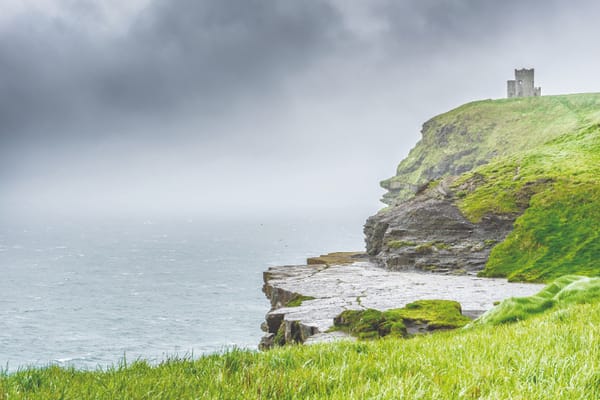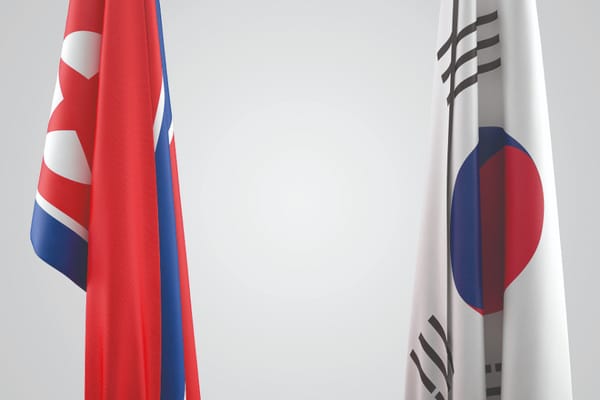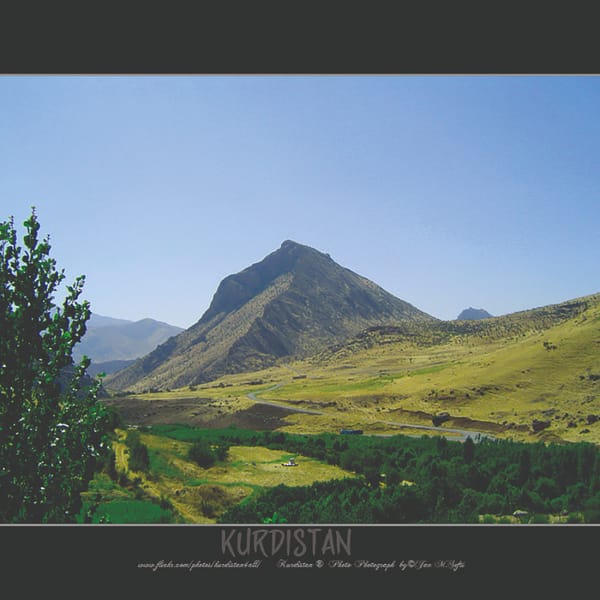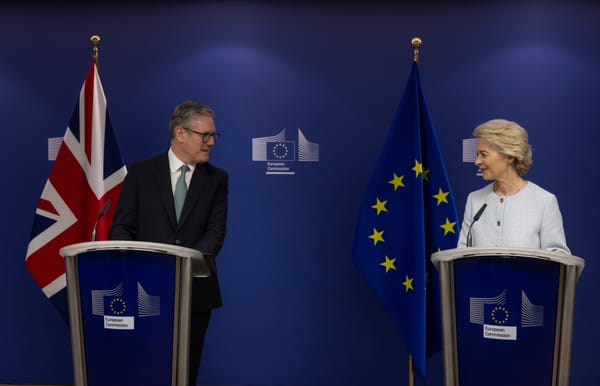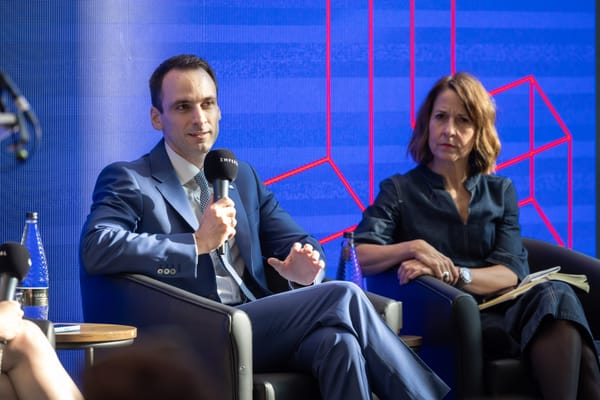China’s House of Cards – The rise of Xi Jingping as China’s President for life
How the Chinese President broke the longstanding rule of a two-term limit for Chairmanship of the Communist party and the dire consequences it entails.

In 1911, the Wuchang Uprising brought down the Qing Dynasty, thus bringing to an end the longest continuous imperial civilization of 8,000 years. One of the most powerful dogmas perpetrated by the ancient Mandarins that allowed the firm rule of the emperors was the idea that the emperors had a Mandate of Heaven. This proposition held that ultimate power resided in the mind and body of the one legitimate ruler of China, blessed by the gods.
Whilst much has changed in the hundred years of republicanism in China, both the Guomindang (GMD) and even the atheistic Communist Party of China (CCP) have over the years adopted the Mandate from Heaven. After the inaugural (but brief) presidency of Sun Yat Sen and the turbulent war lord era, both the CCP, led by Mao Zedong, and the GMD, led by Chang Kei Shek, morphed into dictatorial rulers. However, after the deaths of these authoritarian figures, both in China and Taiwan, measures were taken in succeeding decades to prevent a future leader adopting a one-man authoritarian rule.
“President Xi is paving the road to becoming President-for-Life”
In large parts, the success of China in the last thirty years can be attributed to its efficient political administration by a collective of technocrats in the upper echelons of the Communist Party. With strict ten-year term limits, generational leadership changes have been brought forth regularly without turmoil and strife.
However, over the course of last week, these vestiges on the limitations of power within the Communist Party of China were broken up by the most powerful leader of modern China since Mao. President Xi-Jinping, in a naked power grab, successfully abolished the long standing convention of a two term limit, thus paving the road to becoming President-for-Life.
“The GMD and CCP have over the years adopted the Mandate from Heaven”
In an emotionless and bureaucratic display of orderly change, the stony-eyed President introduced and proposed the motion (lifting term limits) to the National People’s Congress which in a Stalinist manner passed unanimously. Remarkably, this blatant disregard for tradition surprised very few, considering the steps Xi Jingping has taken since assuming the presidency. The son of a surviving member of Mao’s calamitous Long March (Xi Zongxun), Xi Jingping descends from political royalty and his accession to the politburo in 2007 signalled the inevitability of him succeeding Hu-Jintao.
Since taking power, the CCP has already conferred the fictitious title of “core leader” thus elevating him to a previously non-existent pedestal – a move eerily similar to Deng Xiaoping (the architect of the Tiananmen Square massacre) being given the title “paramount leader”. Furthermore, in an unprecedented move, Xi-Jingping incorporated “his political thought” into the Constitution with his name embedded into the governing document, which his two immediate predecessors were not able to do for themselves. The first of the fourteen points which constitutes the newly inserted guiding principles of Xi Jingping for the CCP states, “Ensuring Communist Party of China leadership over all forms of work in China”. This destroys any hope of democracy taking root in China any time soon.
President Xi is probably the most powerful leader in the world, and will remain so for the foreseeable future due to China’s geo-political and economic pre-eminence and the absence of internal opposition. Recent years have witnessed a purge of dissenting leaders within the party, all under the guise of rooting out corruption. However, very few are fooled by the ostentatious show trials condemning past leaders, while Xi Jingping’s inner circle amassed their wealth. This is disheartening to all those who value liberal democracy. With a potential unofficial president for life, the argument that greater economic integration with the west and free market capitalism would lead to an inevitable democratization of China has ultimately been silenced. Moreover, if his policies in the recent past can be taken as a predictor of the future, a more hostile and hawkish China will surface.
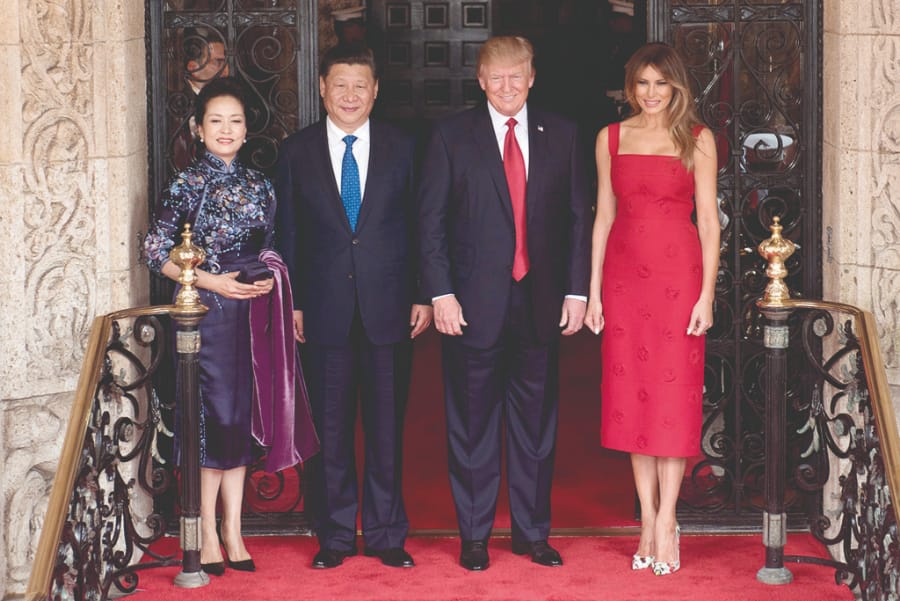
Xi-Jingping showed the entire world his ambivalence to the rule of law and democracy when he took a hard-line approach to Hong Kong in the summer of 2014, breaking the long held Chinese commitment to universal suffrage in the Special Administered Region. By adding the caveat that any candidate wishing to be in the ballot for Chief-Executive (yes, that is what they call their Mayor in Hong Kong) must first receive the blessing from Beijing, which handpicks the candidates the people of Hong Kong can choose from, the promise of universal suffrage enshrined in Hong Kong’s Basic Law Article 45 was nullified. When Hong Kong was handed over by the British to China in 1997, it was preceded by decades of negotiations which gave assurances to the British Government and most importantly to the people of Hong Kong regarding protections to civil rights. Xi-Jingping’s refusal to accept any opposition in Hong Kong to greater integration resulted in cast iron promises from the Chinese state. Dangerously, the mainland government actively pushed for extreme police action to quash the non-violent 2014 Umbrella Revolution by using pepper spray and acts of violence.
For sixteen of the last twenty centuries, China has consistently been in the top two with regards to GDP. To Xi Jingping, the rise of China is simply the restoration of the natural order. In fact, the Mandarin term for China, “zhōng-guó”, derives its name from the idea that China is at the “centre of civilization”. Thus Xi-Jingping has endeavoured to assert China’s pre-eminence to the world using both soft and hard power.
“Xi-Jingping has shown the entire world his ambivalence to the rule of law”
Xi-Jingping understands that China is at a cross-road. Slowing economic growth, rising debts, and other internal problems like environmental pollution have the potential to unravel the CCP’s grip on power by a growing dissatisfied middle class. Xi-Jingping has effectively used populist economic measures to meet the growing aspirations of China’s middle class. For years now, resentment has grown in China over poor air quality due to the country’s rapid industrialisation. President Xi has effectively responded to this challenge by investing billions into green energy sources, such that China is now the largest producer of newly-added renewable energy. Through his One-Belt initiative, the Chinese government has sustained (by increasing its national debt) millions of infrastructure jobs. Furthermore, the initiative, which aims to recreate the ancient silk road, has increased China’s profile internationally. The rise of China has collided with Xi-Jingping’s political rise, which has meant dire consequences for China’s neighbours. In foreign policy, Xi Jingping has stepped up China’s rapid remilitarisation with specific attention given to the South China Sea. By propping up artificial islands and laying claim to the territorial waters of sovereign neighbouring states, President XI has indicated China will take an aggressive approach to establishing regional hegemony over the United States.
For much of China’s history, instead of external threats, internal civil wars have been the source of bloodshed and chaos that have weakened and replaced one governing power by another. In the mid-19th century, the Taiping Rebellion resulted in the deaths of 30 million Chinese (more than the total casualties of World War One). China is a geographically and culturally diverse political entity unrivalled by any western nation. Succeeding generations of Chinese leaders have feared this unity would be broken if greater freedoms were given to the masses due to resentment over an unequal upliftment by China’s economic rise. Xi-Jingping’s father who was a political leader under Mao saw the horrors of the Great Leap Forward (which killed 20 million from famine) and the Cultural Revolution (which stunted the intellectual development of millions of Chinese children). The Chinese have a long memory – there won’t ever be a newer iteration of Mao’s Little Red Book. Xi Jingping is a Frank Underwood-esque brutal pragmatist who is less driven by ideology than realism. President Xi is more ideologically akin to Deng Xio-Ping in believing that “it doesn’t matter if a cat is black or white, so long as it catches mice”. However, through this blatant power move, President Xi has shown his willingness to sacrifice constitutional norms for greater stability.
“Xi Jingping has stepped up China’s rapid military build up on the South China Sea”
The ancient Chinese had a curse: “may he live in interesting times”. Well, like it or not these are interesting times. The developing world in Africa, Latin America, and Asia, which has been suppressed for the last two hundred years is finally awaking from its long slumber. The allure of establishing a strong man to the Chinese political establishment is clear, as it would assist in guiding China through these transformative times. Xi-Jingping has gambled that the many problems facing China can only be solved by establishing a strong authoritarian leader, unencumbered by short-termism. To all those who are friends of China, we wish China all the best. However, to those of us who also value the importance of democracy and liberty, it would be a sad proposition if China’s rise can only be propelled through authoritarianism.

